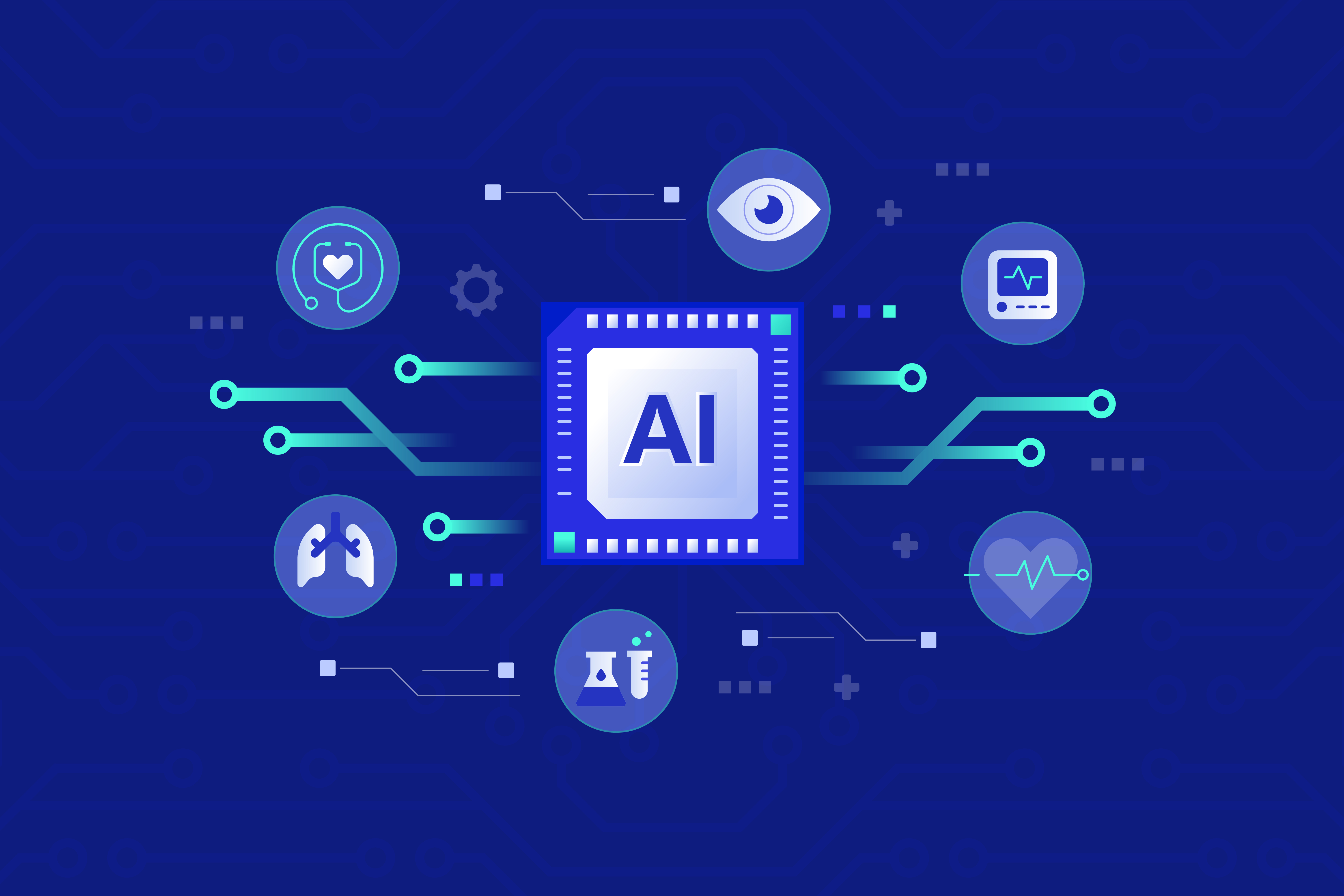Machine learning (ML) originated in the 1950s when Alan Turing introduced the concept of a machine capable of learning and becoming artificially intelligent. Since then, ML has found applications in a wide range of fields, from security services with face detection to enhancing efficiency and reducing risks in public transportation. More recently, ML has made significant strides in healthcare and biotechnology. Artificial intelligence (AI) and machine learning have already transformed business operations and everyday life, and similar changes are expected in the healthcare sector. Recent advancements in ML have shown tremendous potential to alleviate the burden on healthcare providers, while also improving accuracy, prediction, and the overall quality of care. Currently, machine learning is primarily assisting physicians and analysts by enhancing their ability to identify healthcare trends, develop disease prediction models, and support decision-making.

